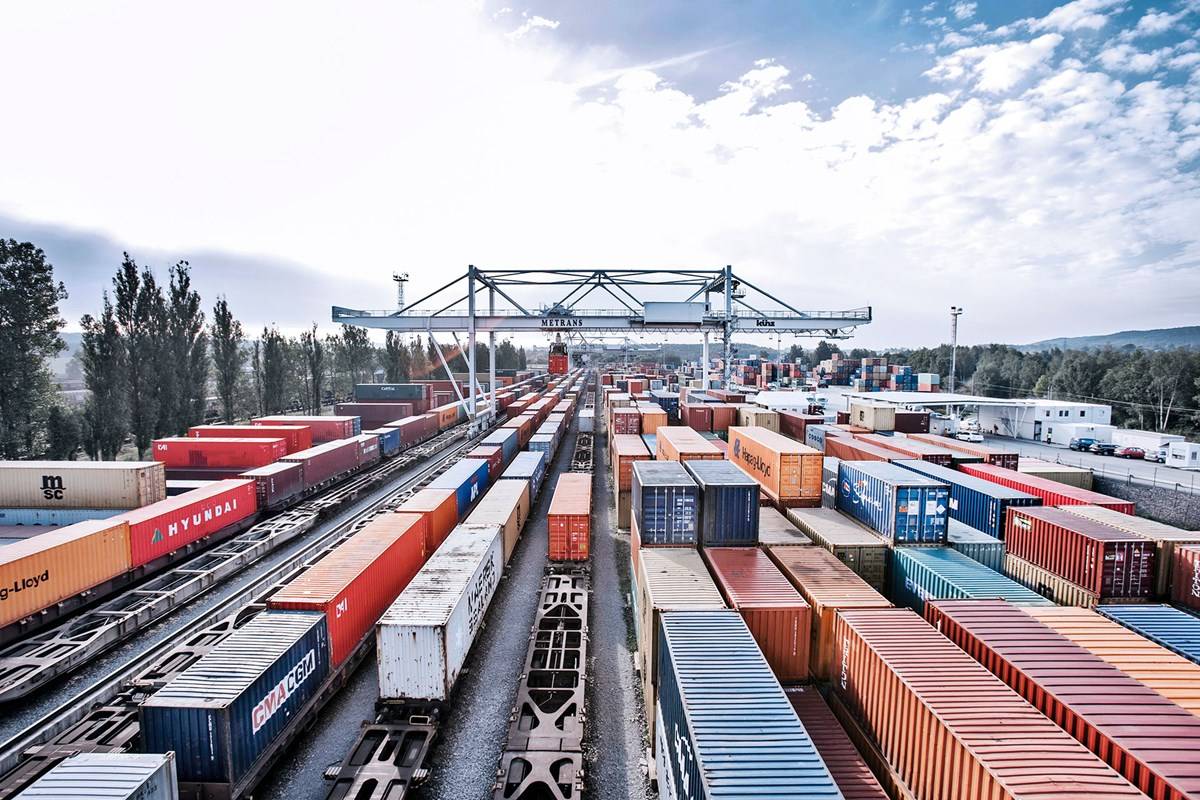
The Agricultural and Processed Food Products Export Development Authority (APEDA) has stepped in to assist agricultural product exporters in resolving the issue of a rail rake shortage, but the situation is likely to remain tight for some time.
APEDA has been following up with the Railway Ministry on the issue since it was brought to its attention, though some rice and sugar exporters are moving their consignments by truck to ports due to a lack of other options.
The shortage of rakes has arisen as the railways prioritize the transportation of coal and fertilizer. Furthermore, the government prioritizes the movement of foodgrains intended for public distribution due to fears that the spread of the Omicron variant will result in shutdowns.
Unsatisfactory Situation:
"This is in contrast to three months ago when Railways allowed us to load in 21-box rakes rather than the usual 42-box rakes." "You now have demand from coal, fertilizers, food grains, cement, and other industries," said BV Krishna Rao, President of The Rice Exporters Association (TREA).
Exporters are looking at nearby destinations for shipments in addition to options such as transporting export consignments by road, which will help them overcome the problem of lower margins, according to VR Sagar, Director, Bulk Logix.
APEDA Chairman M Angamuthu informed that his office met with TREA, which had complained about the lack of rakes affecting the export of non-Basmati rice from Chhattisgarh over the past month.
"APEDA met with the TREA to assess the situation and the difficulties encountered." "The traders informed me that they are unable to obtain the required number of rakes on a daily basis, as a result of which they are unable to obtain a sufficient quantity of rice to fulfill their committed orders," he said.
Railways’ Assurance
Following that, APEDA organized a video conference with TREA representatives and the Railways Ministry to explain the trade difficulties. "The Railways Ministry has been asked to resolve the current issue of insufficient rake availability as soon as possible so that exports are not hampered." Railway officials stated that the problem is occurring due to increased movement of fertilizers and coal, which are in high demand," the APEDA Chairman stated.
Railway officials have promised to resolve the issue as soon as resources are available, while APEDA is investigating, he said.
According to Bulk Logix's Sagar, as crude oil prices rise, moving shipments by road is becoming more expensive.
"Transporting goods by rail is less expensive, but rakes must be available." "Road is our only option now," he explained.
"Because of the volume of the consignments, road transportation for rice is not possible," said TREA's Rao.
Fear of Losing Money
Shippers are having difficulty transporting consignments from Chhattisgarh and Karnataka. "Our contracts are time-sensitive. When we sign contracts to buy sugar, for example, we must deposit a certain amount of money with sugar mills in Karnataka. "If we don't move them by the deadline, we'll lose our money," Sagar explained.
According to trade analysts, no rakes have been available in the last two weeks. Transportation bottlenecks are primarily affecting exporters in Chhattisgarh, Karnataka, and Maharashtra.
There are about 5,000 rakes in the country. However, aside from coal and fertilizers, the Food Corporation of India must move its stocks as planned, according to an analyst.
Though the private sector has rakes, they are not available, the analyst said. Sagar concurred with the view on the availability of private sector rakes.
Risk of Business Shifting
Rao said the non-availability of rakes could force rice buyers to shift to other exporters such as Thailand and Vietnam. “We cannot allow our business to shift to other countries. It will cost us additional money to bring them back,” he said.
“We are even planning to load in open wagons, though we will not get insurance cover,” the TREA President said.
The Bulk Logix director said exporters were signing new deals despite the problems.
“Even yesterday, we signed deals to export sugar to Djibouti. We have got deals to export white rice, parboiled rice, and even wheat flour,” he said, adding that shippers are having to settle for a lower margin of 1-2 percent.
Rice exports increased to 9.63 million tonnes during the April-October period of the current fiscal year, up from 6.17 million tonnes the previous year, as neighboring countries found it more cost-effective to import from India.
Rice exports are currently under pressure because the Centre's procurement of parboiled rice has resulted in shipments increasing by $20-30 per tonne. Analysts believe the rail rakes issue is a temporary hiccup that will be resolved soon.
"We've been told that the problem could last until March, but some concessions in rake allotment are required for rice, or we'll lose market share," Rao said.









